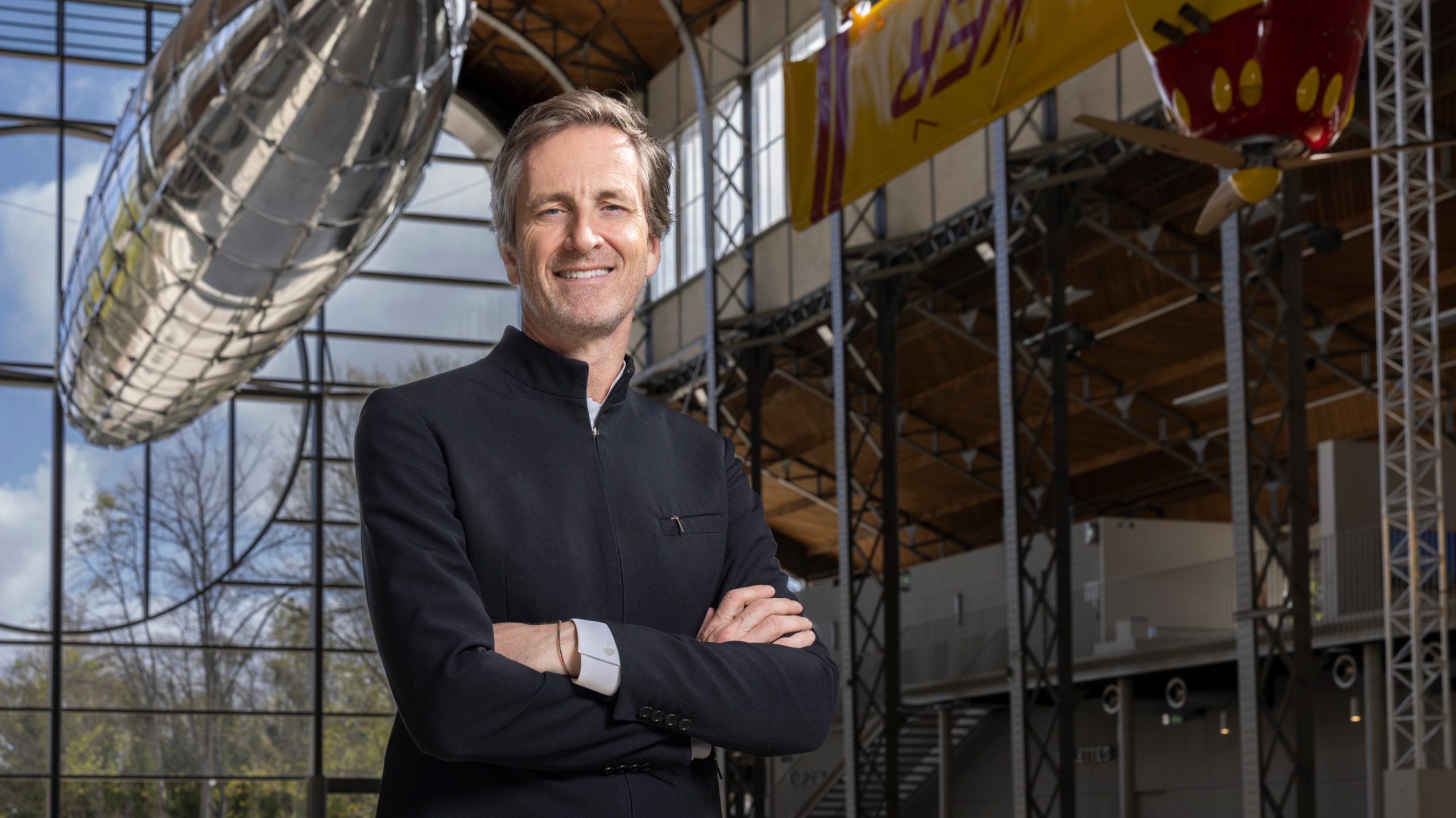
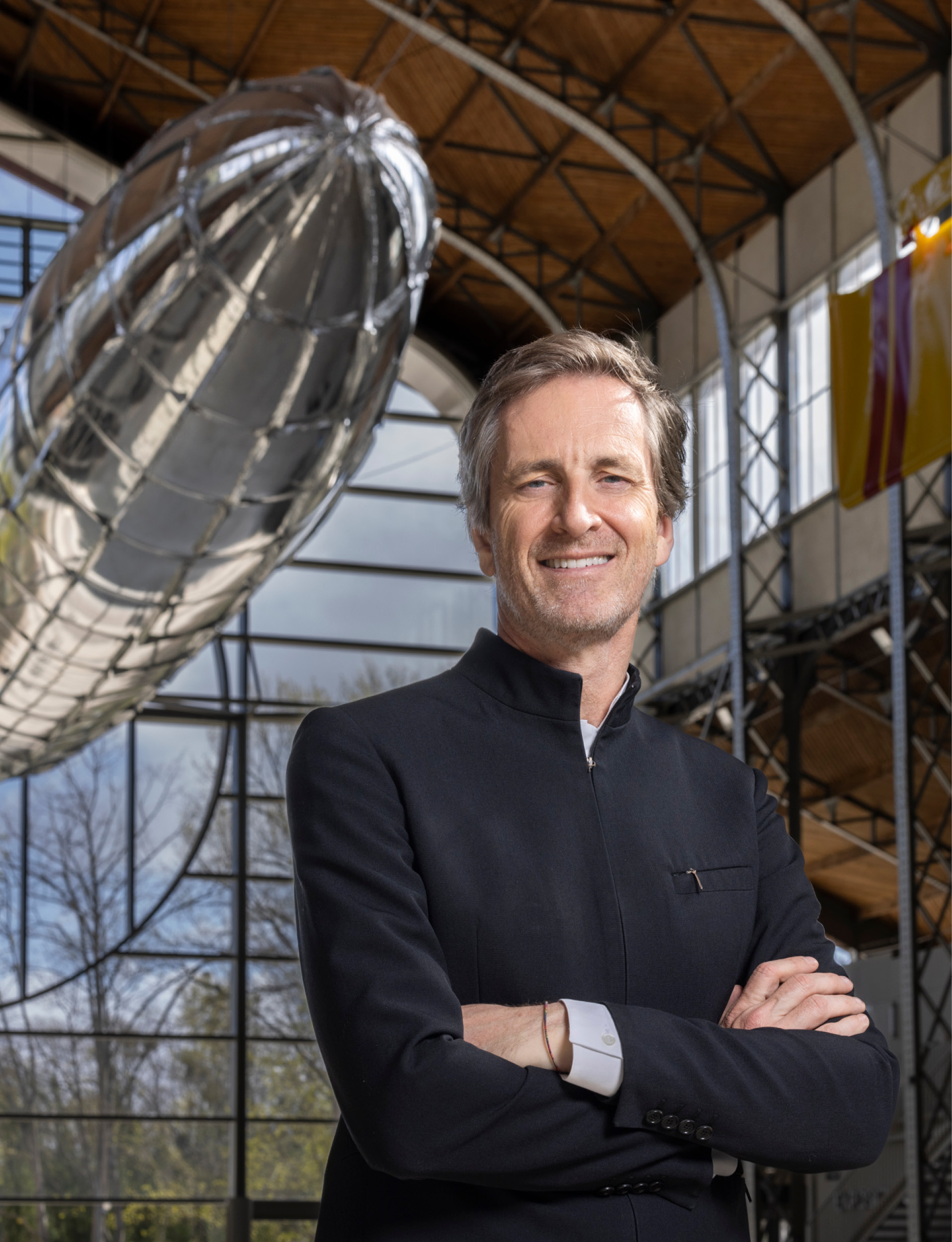

Having reached the pinnacle of entrepreneurship, French businessman Frédéric Jousset is now devoting much of his time to improving access to his lifelong passion: the arts.
It was the English poet, painter and visionary William Blake who said: “Great things are done when men and mountains meet.” And while not everyone who climbs a mountain will go on to achieve anything noteworthy, it’s often true they undergo significant changes during the experience.
That was certainly the case for French entrepreneur and philanthropist Frédéric Jousset, who as a treat for his 50th birthday decided to tackle the world’s highest peak, Mount Everest. Having already scaled the heights of the business world – rising from cosmetics marketing executive to dot com millionaire within just a few years – Frédéric set his sights on a more physical challenge.
It was after completing this mammoth task he decided to take another path – one that he had already been treading behind the scenes.
“They say that the man who comes down the mountain is different than the one who climbed it”
“They say that the man who comes down the mountain is different than the one who climbed it,” he says. “It’s no surprise. That kind of journey changes you because it pushes you to your limits. And I remember when I had descended I had an epiphany – that I had reached the end of my life as a pure entrepreneur. I was no longer solely going to chase profits, clients and earnings. There has to be another purpose in my life.”
That’s when he set out on his latest and arguably most challenging expedition – to broaden access to culture and bring exhibitions, artworks and performances to the kind of audiences not currently engaged with the art world.
Beyond the walls
Art Explora is the foundation Frédéric launched to inspire these new encounters between arts and audiences. Through a series of programs, events and links with other organizations, the foundation strives to make art more accessible to those who tend not to participate or engage with arts or culture in their traditional settings.
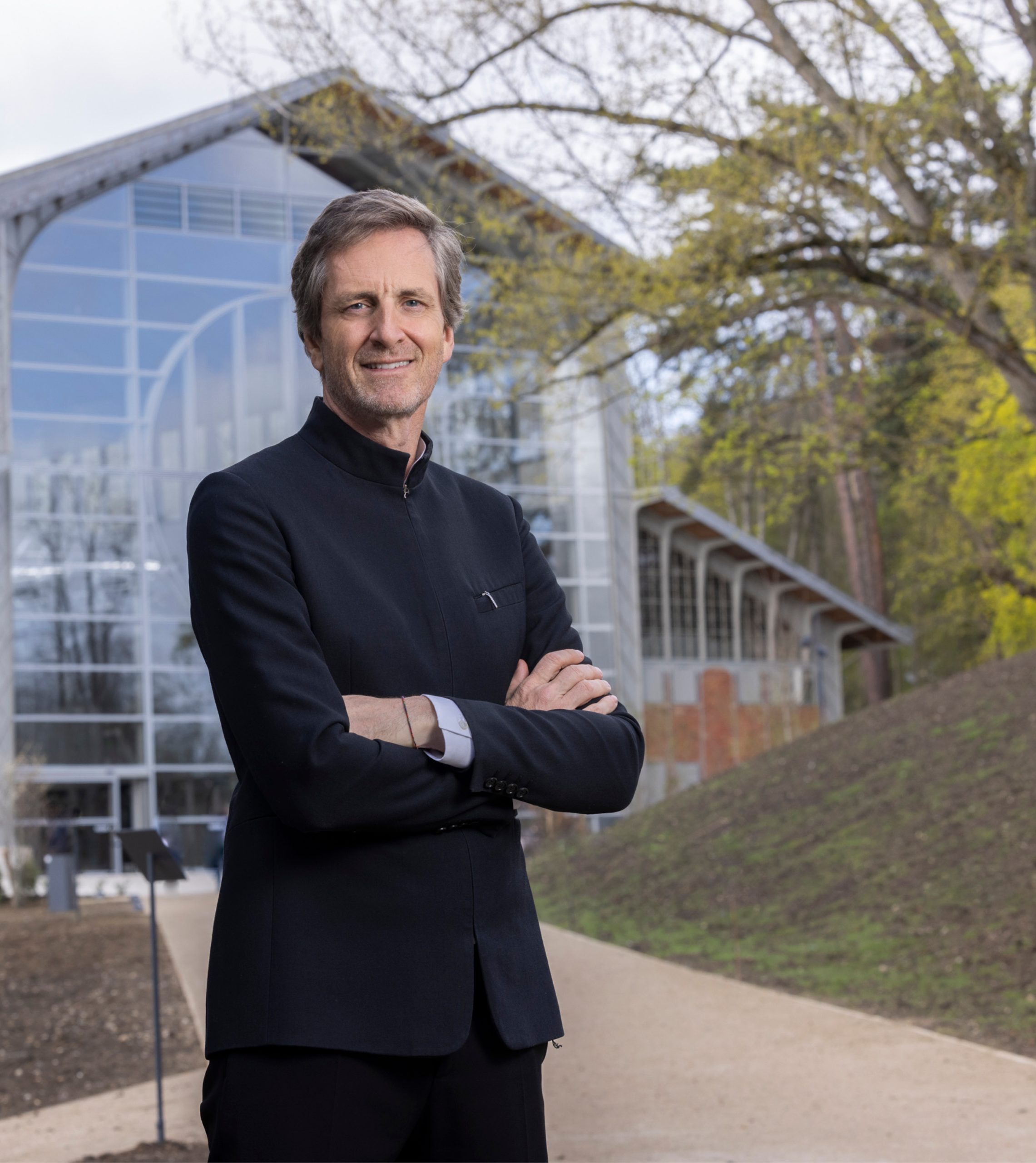
“There is a third of the population throughout Europe who never go to museums, so there’s a huge lack of interest. People think it’s boring or it’s not for them or perhaps they’re not confident going into a museum. There are many reasons for them to say and think: ‘This is not for me.’ So we’re trying to shake up and reinvent the cultural experience, make it more alive, more fun, more social, less intimidating. And trying to find new ways to reach out to people”
Frédéric Jousset
“There is a third of the population throughout Europe who never go to museums,” says Frédéric. “So there’s a huge lack of interest. People think it’s boring or it’s not for them or perhaps they’re not confident going into a museum. There are many reasons for them to say and think: ‘This is not for me.’
“So we’re trying to shake up and reinvent the cultural experience, make it more alive, more fun, more social, less intimidating. And trying to find new ways to reach out to people.”
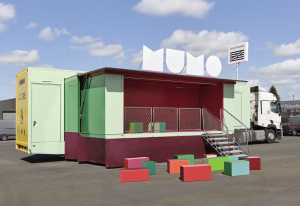
The first concept is mobility – the idea that if people do not come to museums, museums should go to them. That’s why Art Explora has held exhibitions in collaboration with the Tate Museum and Musée Mobile (pictured) that present artworks in trucks that travel from one place to the next. And it’s the driving force behind ArtExplorer (pictured below) – the world’s largest catamaran that will become a floating art gallery, touring the Mediterranean from October 2023.
Mixed media
If mobility is important in broadening access to arts, Frédéric also believes the arts can work harder to draw more visitors and different audiences in.
“The art world is currently exists in siloes,” he says. “You have paintings in a gallery, opera at the opera house, music in concert halls. But we think you need multiple entry points. So you could be lured to a place by music, but when you get there, you also see sculptures. You might never think of going to a sculpture park, but if it’s lively and fun, it creates another entry point and may whet your appetite to learn more.
“Another issue is how we are delivering the message. Traditional curators will only attract people who already attend art galleries. But if you have a basketball player or a TikTok influencer talking about an exhibition, you’re going to reach new audiences. So we have to get creative about how we communicate too.”
Lofty ambitions
Currently based in France and the UK, the ultimate aim is for Art Explora to be a foundation with offices around the world working to increase access to art across the globe.
“I’d love it if Art Explora were for cultural access what Greenpeace is for the environment or Amnesty International is for human rights,” says Frédéric. “The problem of inaccessibility is not limited to France or the UK, so I would like to scale the foundation.
“My other wish for Art Explora is that it becomes fully independent of me. While I may be the founder, I would be happy to pass it on to someone else. In fact, I believe it’s a measure of success for an organization when you can step away, hand over control and it operates without you.”
Although only founded in 2019, Art Explora has grown to the point its programs now reach approximately 500,000 people per year, something Frédéric also wants to grow.
“I’d like to reach more than a million people a year,” he says. “I realize we’re not going to change the course of mankind with that; but equally, there is a saying: ‘he who saves a man saves humanity’. There are so many instances of people who say their lives have been changed by one film or one book, so if we can create those kind of changes, even a handful of them, I’ll be a happy man.”
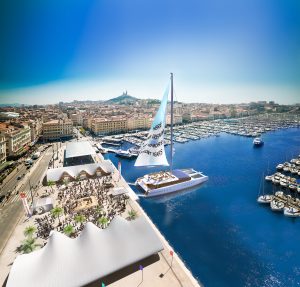
Defining quality
Underpinning these ambitions is a core belief that art makes us better people, both individually and collectively.
“Art can open up new perspectives and enables you to see the world through the eyes of others,” he says. “It takes you out of your comfort zone and can develop your focus and attention span. There are studies showing it improves memory and can help mitigate the effects of Alzheimer’s disease.
“At a collective level, art has the power to bring people together across generations. It fosters social cohesion and has the potential to change the way society behaves, something we’ll need to do if we’re to tackle some of mankind’s biggest challenges.
“Ultimately, art is what makes us human. While we share many characteristics with the animal kingdom, what sets us apart is artistic creation. It’s what defines us as a species.”
Rest, relaxation and education
Art as a means of improvement not only informs Frédéric’s moves to broaden access to culture, it is central to his philosophy when it comes to his hospitality ventures as well. Having already taken a stake in Le Relais de Chambord, a boutique hotel in the grounds of the Chateau de Chambord in France’s Loire Valley, he is eyeing further hotel acquisitions further along the river.
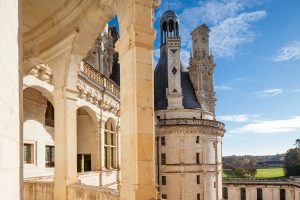
Unsurprisingly, art and culture will play a pivotal role in differentiating Frédéric’s hotels from the competition.
“Back in the late 80s and 90s, hotels were a capacity business driven by the star rating system,” he says. “And it was quite regimented: if you had a minibar, you had two stars. Multilingual receptionists? Three stars. Then came boutique hotels, which became more about the overall experience.
“Now we are at the point where even the boutique hotels have become formulaic, so I think there’s an opportunity to do something different.”
With the ambition of providing cultural experiences that educate and improve, Frédéric’s plans for his hotels include curating music, movies, talks and conferences at his hotels, which are situated nearby monuments or other places of historical interest.
“The idea is not only that you get to spend a relaxing weekend with family or friends,” he says. “You also get the chance to deepen your knowledge of arts and culture, meet new people and improve yourself as a person. It’s like having a spa hotel, but with a higher ambition and purpose. Instead of spoiling yourself with massages and treatments, you’re having a life-affirming, enriching experience.”
So what does Frédéric think the arts can teach today’s high-end hoteliers? Perhaps it’s no surprise he believes hospitality can learn a lot from high culture.
“When you think of the core values of art, it’s about aesthetic, creativity and disruption,” he says. “If you’re not doing that, your art has no real value. And I think that applies to many sectors, including hospitality.
“I’m still amazed to see in many places you can feel the budget outweighs aesthetic considerations. Artists don’t abide by any constraints and I think that’s something high-end hoteliers should aspire to. People are used to comfort now, so you have to think of something more. When you stay somewhere that has been designed by someone whose primary inclination is towards the aesthetic rather than towards profitability, you can really tell. At the luxury end of the market, you need to be thinking about that level of differentiation.”
- To discover more about Art Explora, visit the website
Photo credits:
Main image: @davidatlanphoto
MUMO truck image: Matthieu Salvaing
ArtExplorer mockup: Laure Prouvost
Enhance your entrepreneurial expertise
Our Master’s in Hospitality, Entrepreneurship and Innovation takes you on a journey of innovation and entrepreneurship, from idea to business model and then to market.
















